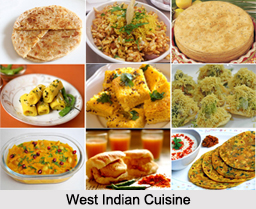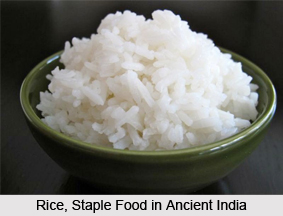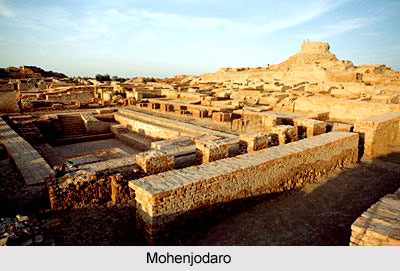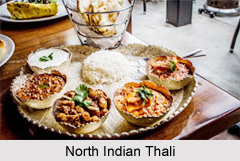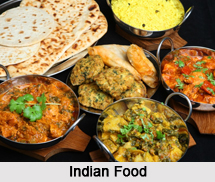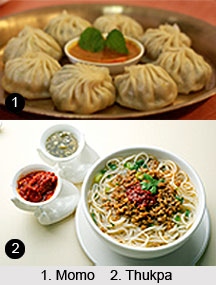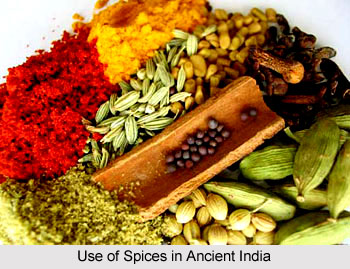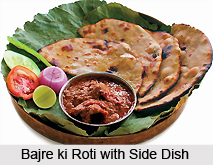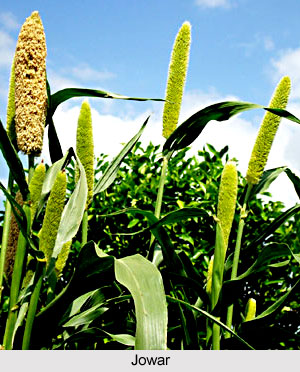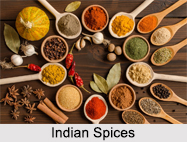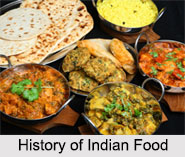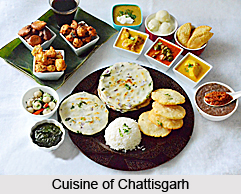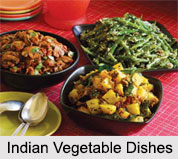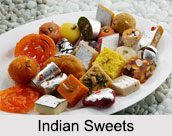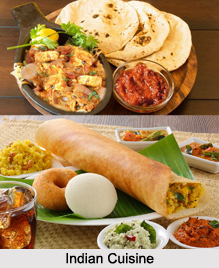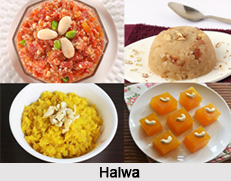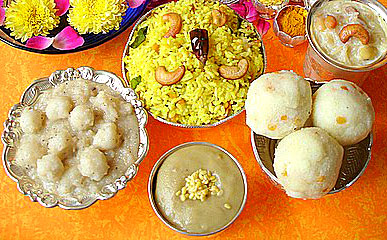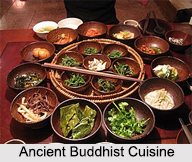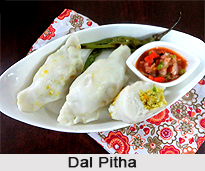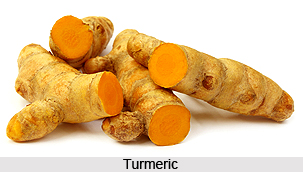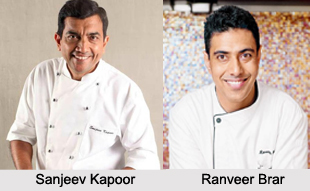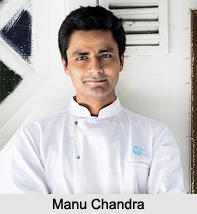 Manu Chandra is an Indian Chef who is a lover of slow cooking. Manu Chandra, an "Executive Chef" and "Entrepreneur", responsible for three very distinct restaurants ; "Monkey Bar", the first of it"s kind Gastro-pub in Bengaluru and Delhi; "The Fatty Bao", the trendy Asian Gastro-Bar in Bengaluru and the award -winning Mediterranean restaurant "Olive Beach", Bengaluru. He leans towards painstakingly controlled and cooked things, a process that enables one to extract flavours and textures. On the flip side, he is fond of incredibly fast cooking also which keeps the integrity of ingredients and freshness intact. At St. Stephen"s College, he wrote, designed and helped photograph a book on fusion cuisine.
Manu Chandra is an Indian Chef who is a lover of slow cooking. Manu Chandra, an "Executive Chef" and "Entrepreneur", responsible for three very distinct restaurants ; "Monkey Bar", the first of it"s kind Gastro-pub in Bengaluru and Delhi; "The Fatty Bao", the trendy Asian Gastro-Bar in Bengaluru and the award -winning Mediterranean restaurant "Olive Beach", Bengaluru. He leans towards painstakingly controlled and cooked things, a process that enables one to extract flavours and textures. On the flip side, he is fond of incredibly fast cooking also which keeps the integrity of ingredients and freshness intact. At St. Stephen"s College, he wrote, designed and helped photograph a book on fusion cuisine.
Early Life of Manu Chandra
Manu Chandra"s passion for food surfaced at a young age because of his family"s deep culinary traditions. Manu then enrolled at the Culinary Institute of America (CIA), Hyde Park, New York, where he apprenticed with some of the city"s most celebrated kitchens like Restaurant Daniel, Le Bernardin, Gramercy Tavern, Café Centro, Jean Georges etc.
Career of Manu Chandra
Manu Chandra worked with Michelin-starred Chef Eyvind Hellstrom at Bagatelle, Norway, in the early 2000s. By 2004, he was back in India, working with restaurateur A.D. Singh as "Chef de Cuisine" at "Olive Beach", Bengaluru.
Eventually, along with colleague Chetan Rampal and A.D. Singh, they formed a new company "Olive Cafes South Private Limited" and launched the now-cult "Monkey Bar", India"s first gastro-pub brand. "The Fatty Bao", regarded as a "chic Asian gastro-bar" came next. The team went on to open "Monkeys" and "Fattys" in Mumbai and Delhi in quick succession. Then they launched the "Toast & Tonic" which Chandra describes as an "East Village Style" restaurant and bar. At "Toast & Tonic", he focuses on harnessing local ingredients, desi flavours, Asian influences and international techniques to create sophisticated but essentially simple food.
Achievements of Manu Chandra
Under Chef Chandra, Olive Beach, Bengaluru, has won several accolades including Outlook magazine"s Top 10 Restaurants, featured in renowned food critic Marryam Reshi"s book "100 iconic Restaurants in India" and more. He was recently featured in AmarOne, a book featuring 10 Chefs from around the world, released by Italian wine maker Allegrini to celebrate 60 years of their famed wine.
Related Articles
Indian Chefs
Indian Food
Indian Television
Indian Regional Cuisines
